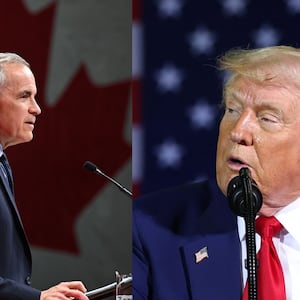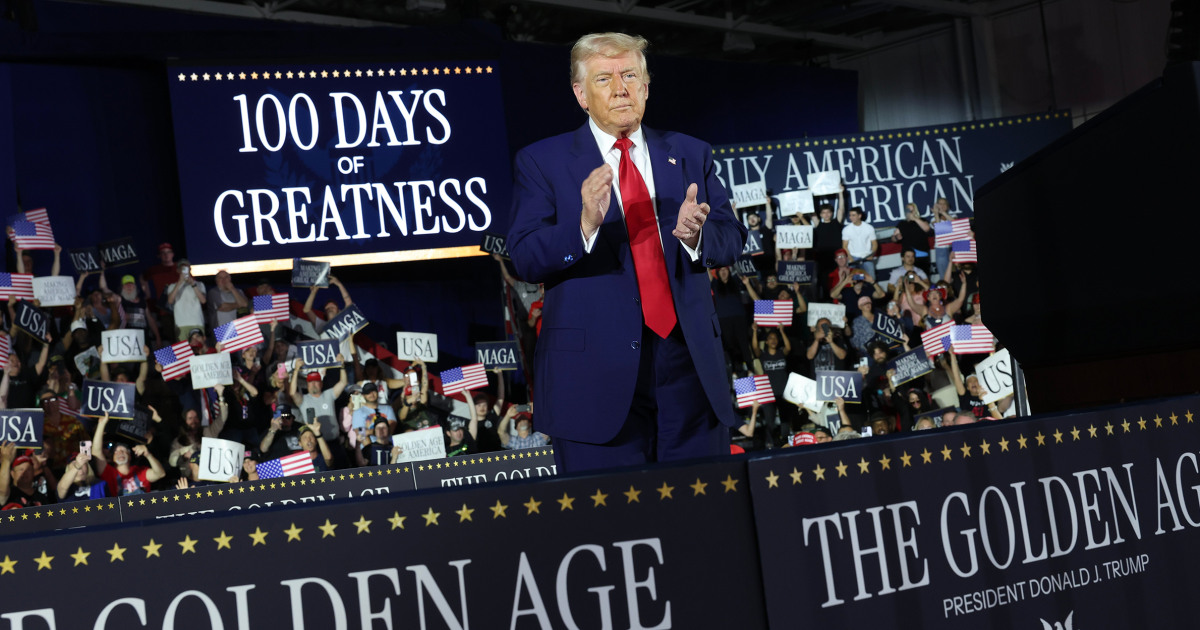LINCOLN — Thirty-two Nebraska senators gave first-round approval to letting voters decide on extending term limits, but eight more senators would need to support it at the final legislative vote for the measure to get on the ballot. Several senators on Friday described a steep learning curve that comes with the first couple of years of lawmaking and said high turnover in the body causes reoccurring brain drain. State law limits senators to two four-year terms.
Legislative Resolution 19CA to give them a chance at three terms would go on the May 2026 primary ballot and potentially take effect in 2028. Because the resolution would not be on a general election ballot, it needs 40 votes rather than 30 to pass the Legislature at final reading. State Sen.

Robert Dover of Norfolk proposed the resolution. Prior to becoming a senator, Dover would speak on legislation on behalf of real estate and commerce groups and said he heard for years that “term limits damaged the unicameral by limiting the institutional knowledge of the senators.” When he joined the body, he found that to be true.
Sen. John Arch of La Vista, the speaker of the Legislature, typically doesn’t weigh in on legislation, but he spoke at length in favor of a three-term limit. He said it takes time to learn the rules and procedures of the Legislature and to understand policies and their impact.
He said the number of policies they have to learn about is “mind-boggling.” More than anything, he said, the high turnover makes it harder for senators to get to know one another and learn to work together. “Every organization runs on relationships,” Arch said.
“I don’t care what the organizational structure chart looks like. It is people working with people. And when you turn over like that, you are setting yourself back.
And that’s one of the reasons that we struggle with handling some of those bigger, tougher issues. Those relationships change.” He cited last year’s special session and said, “We were getting close.
We were developing ideas on property tax relief. Then 16 senators left the body. Sixteen new senators came into the body.
” The current term limits also cause senators to rush bills, and outgoing senators often take with them experienced legislative staff, Arch said. “They know how the process works. They know what good bills look like.
They know how to write good bills. They know what good committee statements look like,” he said. Sen.
John Cavanaugh of Omaha said the date of the election “just doesn’t sit right with me.” The initial proposal set the statewide vote on term limits for the November 2026 ballot. An amendment to the bill would move the vote to the May primary.
“I do think that there’s an opportunity to put this before the voters, but I have hesitations about putting it on the ballot when fewer people vote,” Cavanaugh said. The amendment to change dates passed. Senators also considered but didn’t approve an amendment from Sen.
Loren Lippincott of Central City that would prevent senators from running for office again after being term-limited out of the Legislature. He said the amendment “upholds Nebraska’s commitment to turnover and decisively limiting career politicians.” After hitting their term limit, senators may sit out a term and then run for office again.
Dover’s proposal would maintain that rule..
Politics

Citing legislative brain drain, Nebraska lawmakers consider extending term limits

Nebraska senators gave first-round approval to letting voters decide on extending term limits, but eight more senators would need to support it at the final vote.















